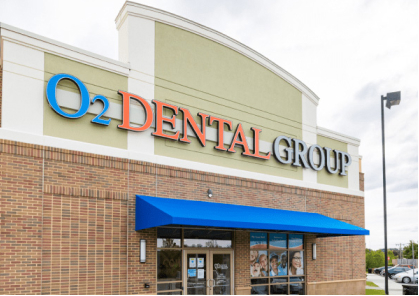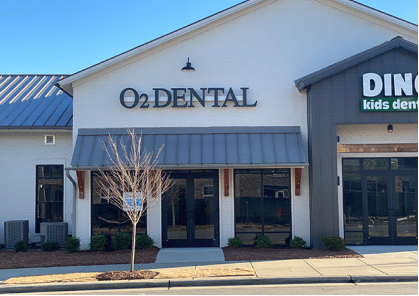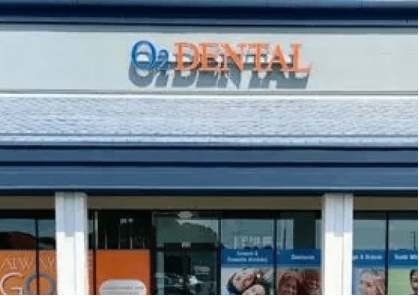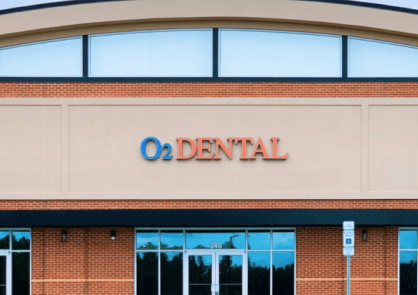Best Orthodontist in North Carolina!
Get Your Perfect Smile Today from a Trusted Orthodontist!
Your dream of perfect, straight teeth can now become a reality. O2 Dental Group offers in-house orthodontic therapy and braces in North Carolina. We help take care of your oral health so you can smile with confidence!
Dental Braces in North Carolina for a Perfect Smile!
Did you know your smile is connected to your overall health and well-being? If you have issues like crooked teeth, overcrowding, gaps between teeth, and so on, you can go for traditional metal braces. However, if braces aren’t your thing, you can go for Invisalign clear aligners, which are suitable for both adults and teens. By combining new technology with our commitment to patient comfort and quality, O2 Dental Group and our expert team of orthodontists in North Carolina work hard to make your experience both rewarding and pleasant. One of our main goals is to provide orthodontic treatment of the highest quality to all our patients within a caring environment.
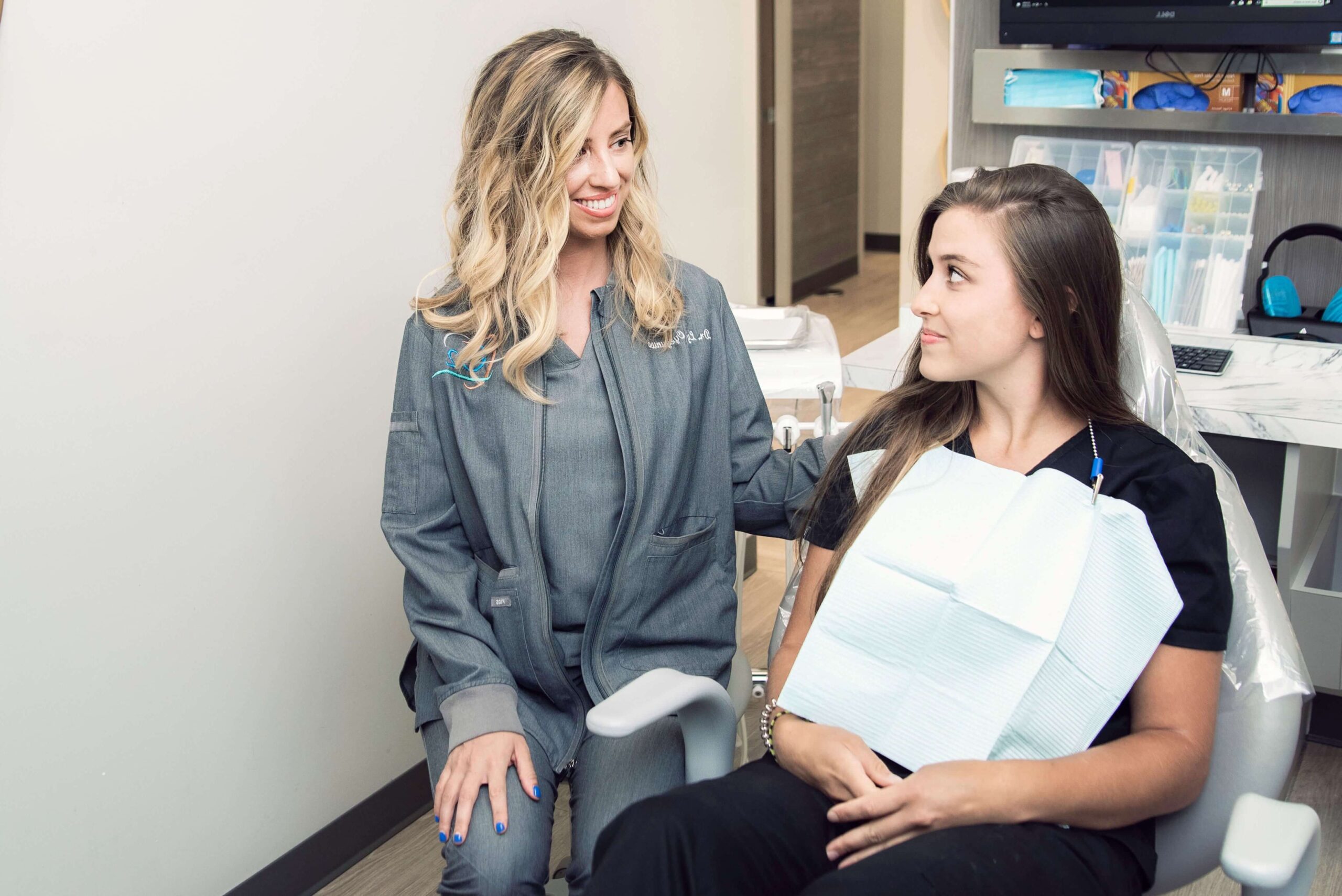
Types of Braces in North Carolina
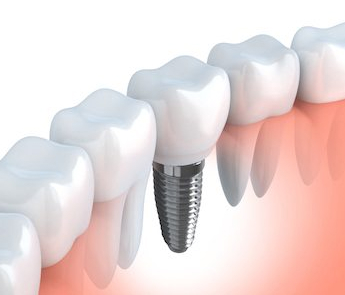
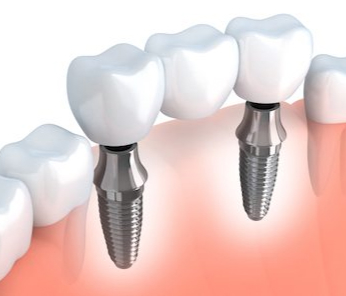
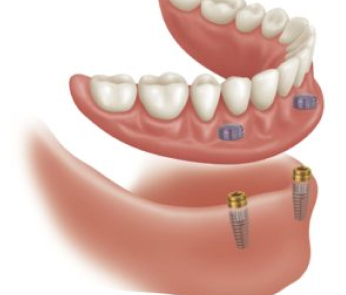
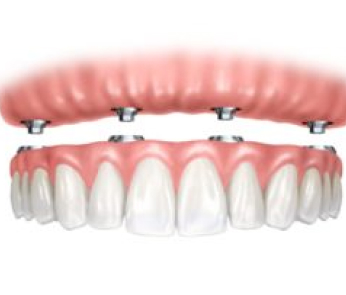
Traditional Metal Braces
Suffer from crooked teeth, crowded teeth, jaw problems, or a misaligned bite? Traditional metal braces could be the best orthodontic treatment for you or your child. You don’t have to worry about poking wires and bulky metal brackets as today's metal braces are sleek and customizable, plus they are built for comfort!
(Please note: Traditional metal braces are not offered at all locations.)
Invisalign Braces
If you prefer not to wear fixed orthodontics, Invisalign is a great way to straighten your teeth without affecting your lifestyle. The removable aligners are easy to maintain and allow you to eat whatever you want. You simply wear your alignment trays for 20-22 hours a day (taking them out during meals or to brush and floss) and change them out every two weeks to progress your tooth movement. Depending on the severity of your bite, most people complete treatment in 12-18 months. For more information, visit our Invisalign page
Best Dental Implants Near Me
Durham
(919) 646-3849
Fayetteville
(910) 446-9027
Raleigh
(919) 823-5433
Siler City
(984) 265-1655
Southern Pines
(910) 469-1049
Wilmington
(910) 356-2025
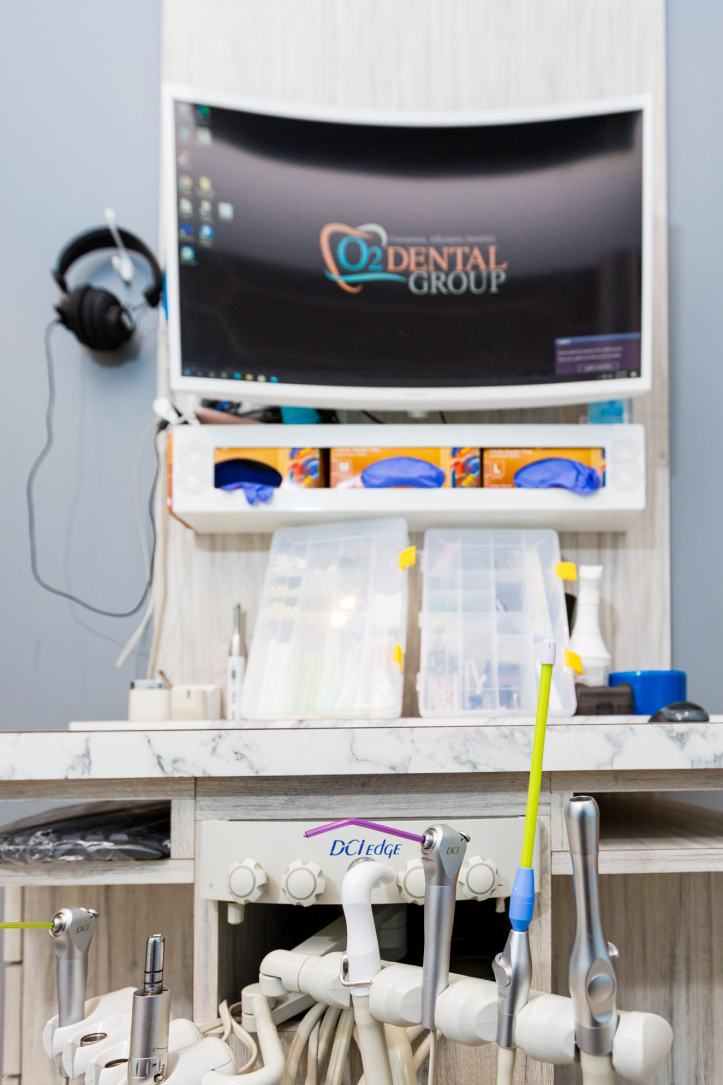
What is the Best Age to Get Braces?
The best age to get braces largely depends on the individual’s dental development and circumstances, but between ages 10 and 14 is often considered ideal. At this stage, most permanent teeth have come in, and the jaw is still growing, making it easier to reposition the teeth into the right positions. However, here is a breakdown by each age group;
Age 7 to 10 Years
This is a good time for an orthodontic evaluation, not necessarily for getting braces. The American Association of Orthodontists recommends a check-up by age 7 to spot early issues like crowding, bite problems, or jaw misalignment.
Age 10 to 14 Years
The majority of pediatric oral surgeons believe that this age is the ideal group for getting braces. In this age group, most permanent teeth have erupted, and the jawbones are still developing, making it easier to reposition teeth and achieve optimal results.
Age 15 and Older
It’s never too late to get braces. Adults now make up a growing percentage of orthodontic patients. Treatment might take a bit longer in adults due to mature bone structure, but results are still highly effective.
Braces -Before & After
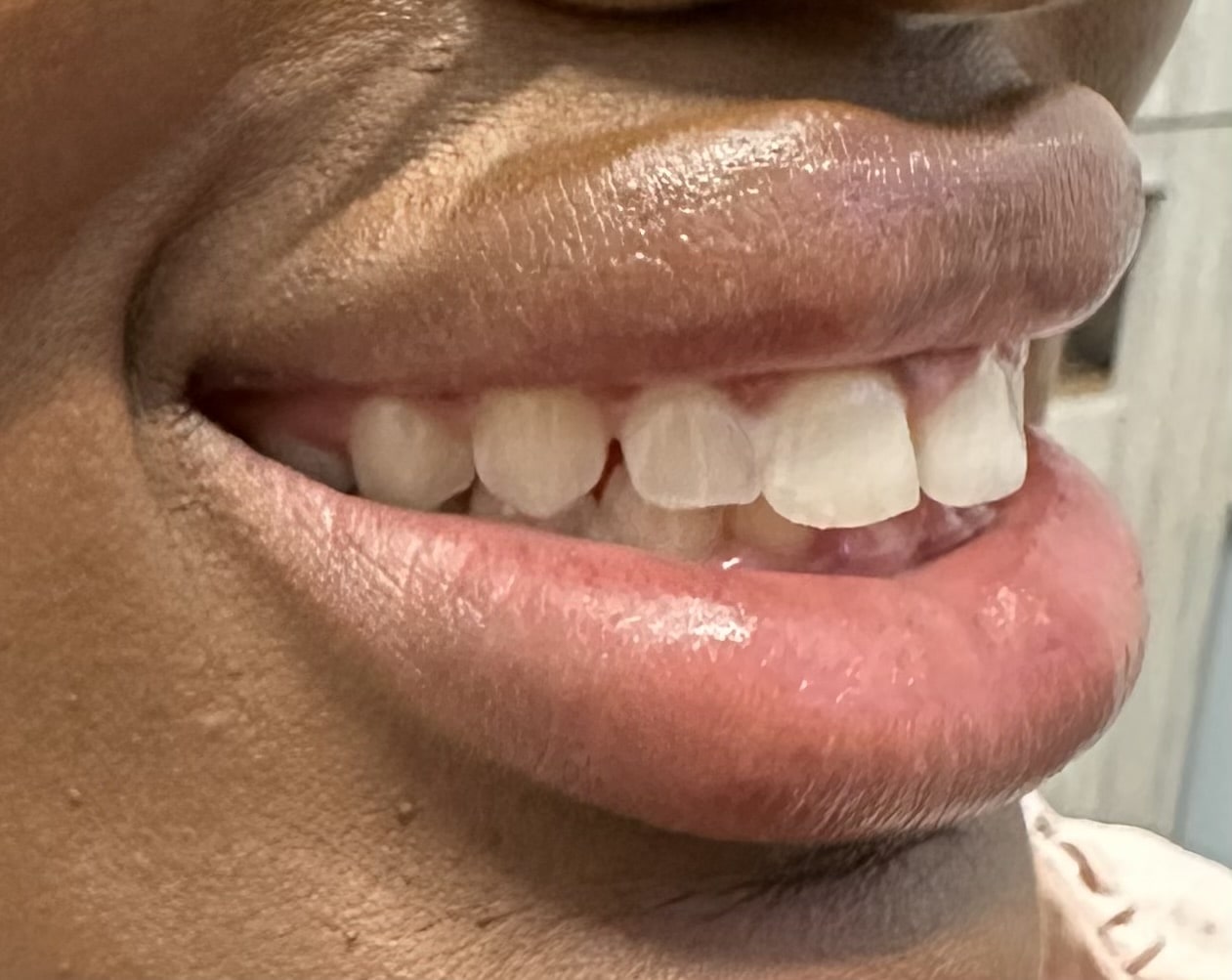
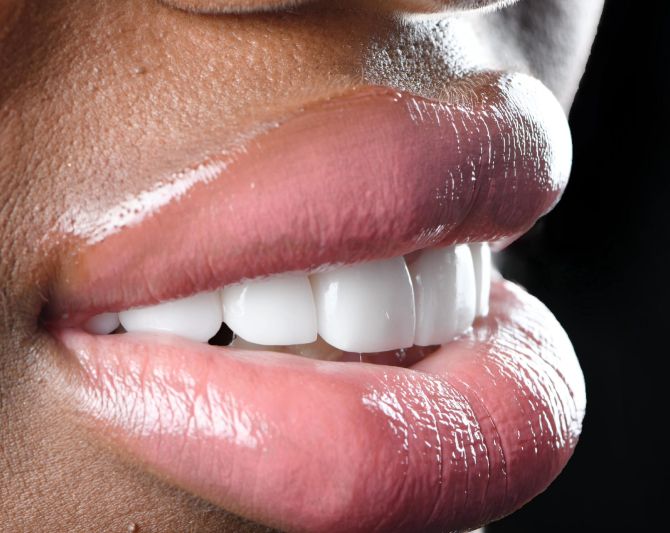
Before
After
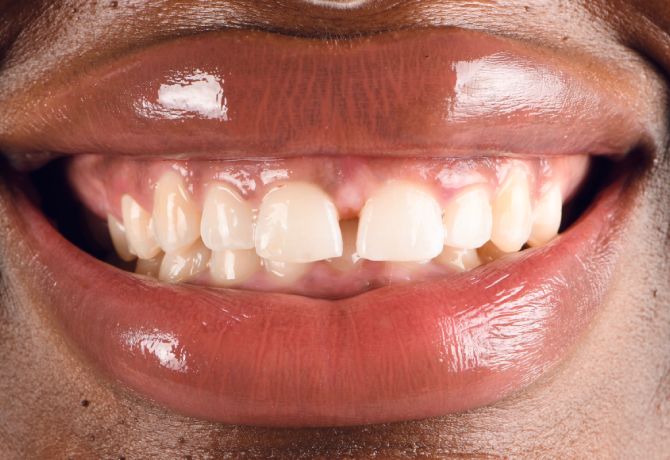
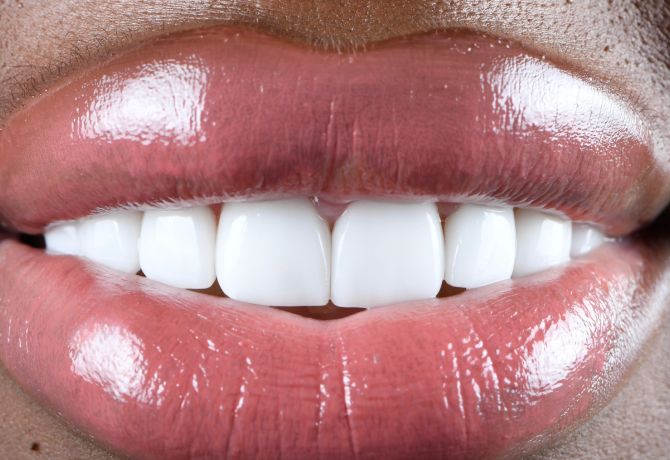
Before
After
What to Expect on Your First Appointment?
Initial Orthodontic Evaluation
Your first braces appointment begins with a comprehensive evaluation by one of our experienced orthodontists. They will examine your teeth, bite, and jaw alignment to determine the best course of dental treatment. Digital X-rays or 3D scans may be taken to get a clearer picture of your dental structure to determine which type of braces will best suit your teeth.
Personalized Treatment Plan
After the exam, the orthodontist will discuss your treatment options. You will learn about the expected duration of treatment and what results to anticipate.
Financial Consultation
A treatment coordinator will go over your insurance coverage, available payment plans, and financing options. O2 Dental Group aims to make orthodontic care affordable and transparent, so there are no surprises.
Aftercare
Before you leave, you will receive post-operative instructions on how to care for your braces or aligners. Expect some initial pressure or mild discomfort, along with tips on what to eat and how to maintain proper oral hygiene throughout your treatment.
Benefits of Getting Braces
Corrects Misaligned Teeth
Reduces the Risk of Cavities and Gum Diseases
Gives You an Attractive Smile
Saves Money in the Long-Term
Improves Speech and Chewing Power
Why Choose O2 Dental Group for Orthodontics in North Carolina?
We Offer Advanced Treatment
O2 Dental Group has the latest technology and equipment for effective orthodontic treatments in North Carolina. Our skilled and friendly providers make sure that our patients have a great experience and get the best results possible from their treatments.
A Friendly Atmosphere
Visiting your dentist or orthodontist can cause some anxiety and we completely understand that. When you visit O2 Dental Group, you are warmly welcomed to our office. We want our patients to be as comfortable as possible whenever they visit us.
Affordable Braces with Flexible Payment Options
We offer flexible financing options, whether you have dental insurance or you don’t, so you can get your treatments done without stressing about the cost. Also, we offer a dental discount plan for patients who don’t have insurance, where you can make low monthly payments.
Flexibility To Fit Your Busy Schedule
Our North Carolina orthodontist’s office makes it easy to work clear braces into your schedule. With extended morning, evening, and weekend hours, just about anyone can make the time to stop by for a quick check every 6 to 8 weeks.
Schedule Your Orthodontics Treatment in North Carolina Today!
We look forward to meeting you. Call us or request an appointment online to set up your first visit. We’ll be in touch soon.
FAQs about Orthodontists in North Carolina
What is an orthodontist?
An orthodontist is a dental specialist who diagnoses, prevents, and treats dental and facial irregularities. If you’re looking for a trusted orthodontist in North Carolina, we’re here to help.
Is an orthodontist a dentist?
Yes, an orthodontist is a dentist, but they are dentists who have specialized in the field of orthodontics. They focus on aligning teeth and correcting jaw problems.
How much do braces cost?
This depends on the type and complexity of treatment, but on average, the cost ranges from $3,000 to $7,000 or more.
Do braces hurt?
Yes, braces can cause some discomfort, especially during the initial placement and adjustment appointments. Also, it might take some time to get used to them.
Is Invisalign cheaper than braces?
Invisalign is more expensive than traditional braces because of the lab work involved in creating the aligners. However, Invisalign can be more convenient because it’s removable and easier to clean.
How to clean orthodontic retainers?
To clean orthodontic retainers, you can brush them with a soft toothbrush and mild soap or water.
How to pay for braces without insurance?
If you don’t have dental insurance, O2 Dental Group offers flexible payment plans, in-house dental savings plans, or third-party financing. These options can help break up the total cost into affordable monthly payments.
Is 25 too late to get braces?
Not at all. Many adults get braces in their 20s, 30s, and even in their 40s. As long as your teeth and gums are healthy, you can benefit from orthodontic treatment at any age.
What is the age limit for braces?
There is no upper age limit for getting braces. However, some conditions like bone loss or gum disease must be managed before treatment. Children as young as 7 may also receive early orthodontic care if needed.
What is the aftercare for braces?
- After getting braces, maintaining good oral hygiene is essential.
- You should brush and floss carefully around the brackets and wires to prevent plaque buildup and tooth decay.
- Your orthodontist may also recommend specific tools like interdental brushes or prescribed mouth rinses to keep your mouth clean and healthy.
- Regular adjustment visits are crucial to monitor progress and make any necessary changes to your treatment plan.
- Once your braces are removed, you will likely need to wear a retainer.
What not to do after getting braces?
There are a few important habits to avoid while wearing braces. Stay away from sticky or hard foods like gum, caramel, popcorn, or ice, as these can damage the brackets or wires. Biting on non-food items such as pens or fingernails should also be avoided, as this can cause unnecessary pressure on your braces.
What is the procedure after braces?
Once your braces are ready to come off, your orthodontist will carefully remove the brackets and wires. This process is generally painless and followed by a professional cleaning to polish your teeth and remove any leftover adhesive.
Next, a custom retainer will be created to help maintain your results. Your orthodontist will explain how and when to wear your retainer, often starting with full-time wear and gradually reducing its duration.
Do braces move your teeth every day?
Yes, braces apply continuous gentle pressure, causing small, controlled movements of your teeth each day. While you may not feel daily changes, the movement is ongoing throughout treatment.
How much do braces hurt on a scale of 1 to 10?
Most patients rate the discomfort between 2 and 4 after initial placement or adjustments. The soreness usually peaks within the first 2 to 3 days and then fades. It is manageable with soft foods and pain relievers.
Does it hurt while removing braces?
No, removing braces is generally painless. You might feel slight pressure as the brackets are popped off, but it doesn’t involve any sharp pain or anesthesia.
What are the side effects of braces?
Common side effects include discomfort and pain, especially when first applied or adjusted, and irritation of the cheeks and gums. Additionally, braces can affect speech and eating habits and may increase the risk of cavities and gum disease if oral hygiene is not maintained properly.

